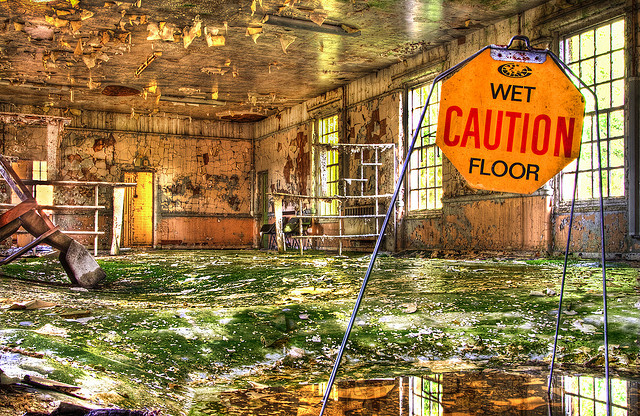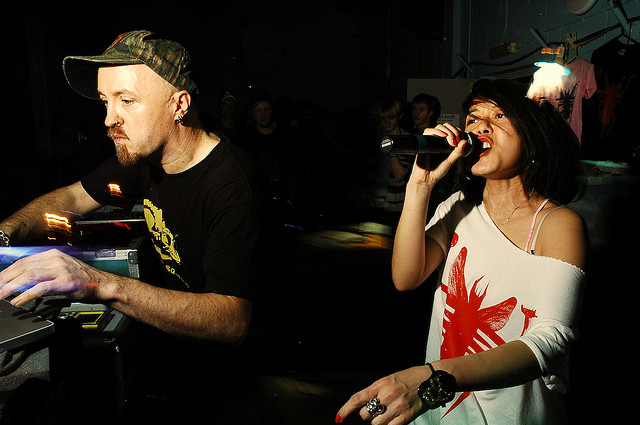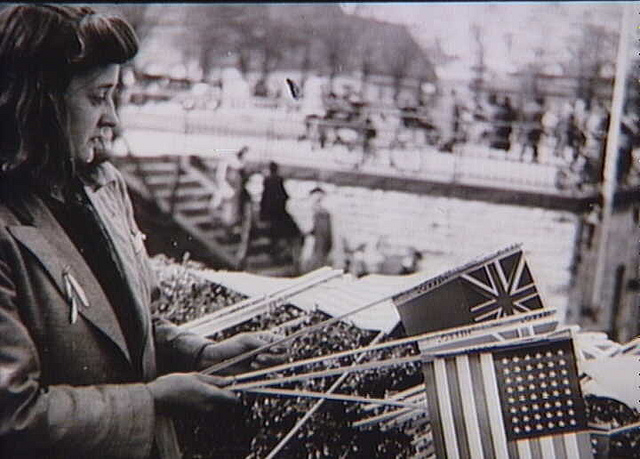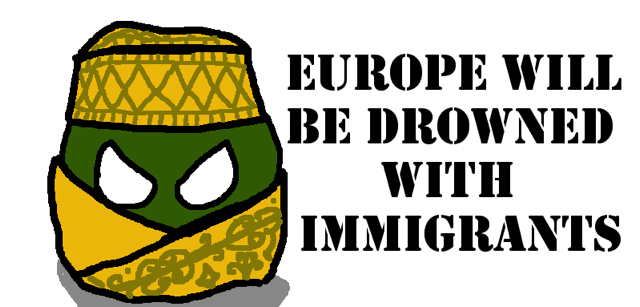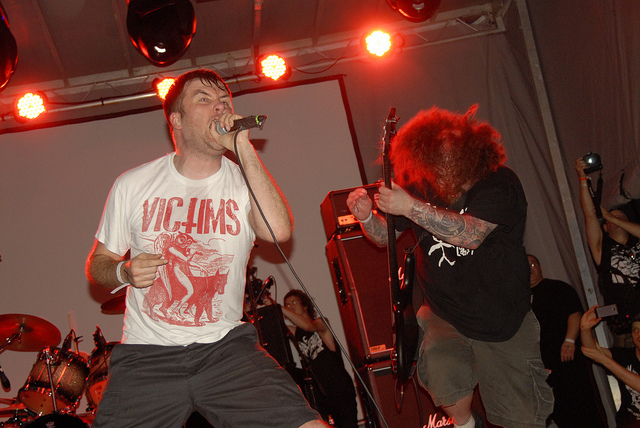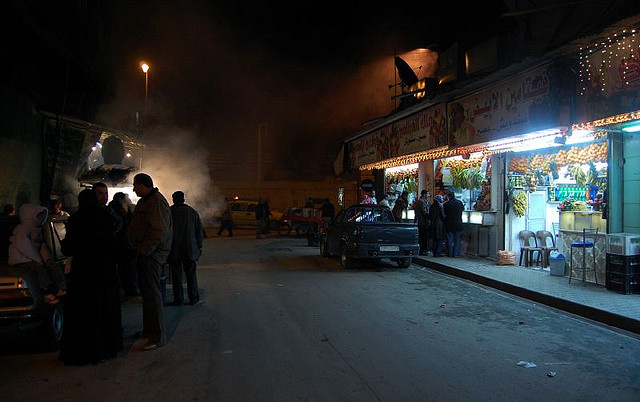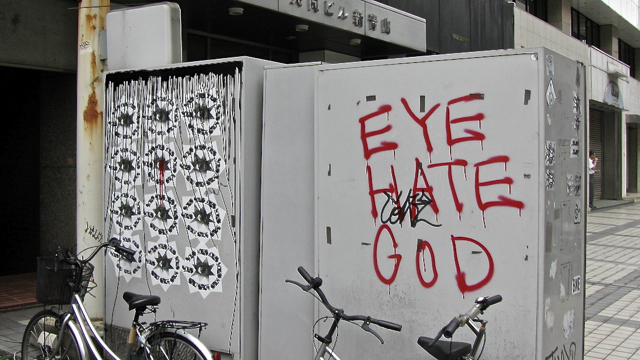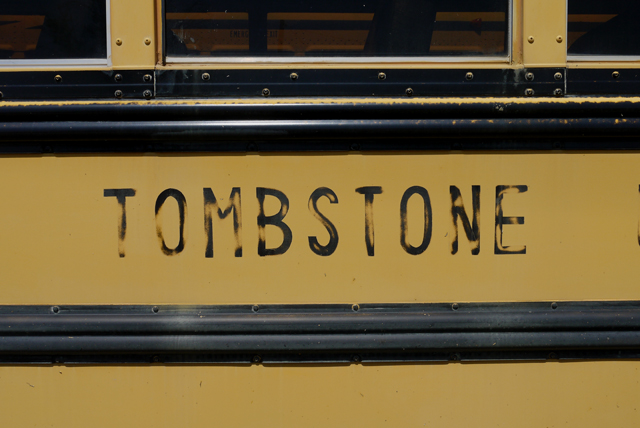In the fall of 1992, I moved to New York to attend the New School for Social Research. Separated from my social scene in Portland, Oregon and with little money, I spent my first weeks in Manhattan feeling very much out of sorts. It was then that I reconnected with an old friend from my undergraduate days. Donny was going to Cornell Medical School uptown. He’d grown up in and around the city, and he made it his business to help me acclimate. (More…)
Reads
I was spoiled. For fifteen years, there wasn’t a day when a new book or CD didn’t arrive in the mail. Sent for review, at the magazines I edited, it was a very different era. Publishers could far more easily dispense with physical copy, for PR purposes, than they can today. I owe half of my library to this largesse. (More…)
The culture of food is directly connected to the politics of scarcity. This is especially true when it comes to environments that have been bombarded by war. The Gaza Strip is a perfect example. Even before Israel conquered the area, its population had always been marginalized. In keeping, every low point in Gaza’s history has been eclipsed with time. Today, it’s one of the poorest, most densely populated areas in the world. (More…)
Tony Judt, who died in 2010 from amyotrophic lateral sclerosis, had the quality of an epigone. This is not the case because he was a historian of a stripe very much in retreat from the onslaught of post-structuralist trends since the 1970s. He was also a representative of a humanistic strain of liberalism which had, by the time of his death, long since begun to seem atavistic. (More…)
In a cartoon series about Eurozone asylum policies, a Greek is shown donning a blackshirt’s hat, Golden Dawn buckler, and club to beat two Africans to death – whom the other Eurozone countries refer to as pimples. Israel is showing putting up an umbrella to keep out a rain of migrants and refugees, who end up getting stuck next door, in Egypt. (More…)
The Cold War was an asymmetric struggle. While communism did not form the monolithic bloc that its liberal democratic critics claimed, the breadth of overt political contestation was kept to a minimum. In the leading liberal capitalist states, by contrast, partisans of a range of political views, from Stalinism to fascism, engaged in intense, multivalent ideological competition. (More…)
Followers of events in Syria were treated with a taste of the absurd this week. Vladimir Putin wrote a bizarre op-ed for the New York Times in which he argued against U.S. intervention. Predictably, it inspired an untold number of commentaries, ranging from sarcasm and ridicule, to blunt outrage from American leaders. I’d only recommend Max Fisher’s piece in the Washington Post, since it takes Putin’s opinions more seriously than others. (More…)
There’s no more overused an adjective than legendary. ‘Legend’ used to be reserved those men and achievements that surpassed the norms of everyday experience. Now it is called into service to validate everything from the engine of a Dodge pickup truck to the onion rings at the local diner. If ever the term was properly applied, it would be to Jon “Metalion” Kristianson and his Slayer fanzine. (More…)
We’re just about at war. ABC’s Alexander Marquart tweeted that the Obama Administration is pressuring U.N. inspectors, who are investigating reports of a chemical weapons attack by the Assad regime, to leave Syria as soon as possible. We should take that as evidence that the U.N.’s fact-finding mission is over. (More…)
Edited by Titus Hjelm, Keith Kahn-Harris, Mark LeVine, Heavy Metal Controversies and Countercultures presents a wide range of perspectives and approaches to the topic, probing the ways that race, gender, violence, and politics find expression in the wide range of instantiations of metal. The editors of this collection all have serious bona fides in the scholarly study of metal. (More…)
“I am just glad there isn’t a cactus on the cover.” Justin St. Germain is in the Tap Room of Tucson’s historic Hotel Congress, discussing his stunning new memoir Son of a Gun. At the time, I think he is simply expressing the saguaro fatigue that afflicts longtime residents of the Sonoran Desert. Images of the tree-sized cactus are stamped on everything imaginable. But when I drive through Tombstone a month later, I realize my mistake: (More…)
In a piece published closely after the military ouster of Egyptian President Mohamed Morsi, the Wall Street Journal’s editorial board argued: “Egyptians would be lucky if their new ruling generals turn out to be in the mold of Chile’s Augusto Pinochet, who took over power amid chaos but hired free-market reformers and midwifed a transition to democracy.” (More…)
